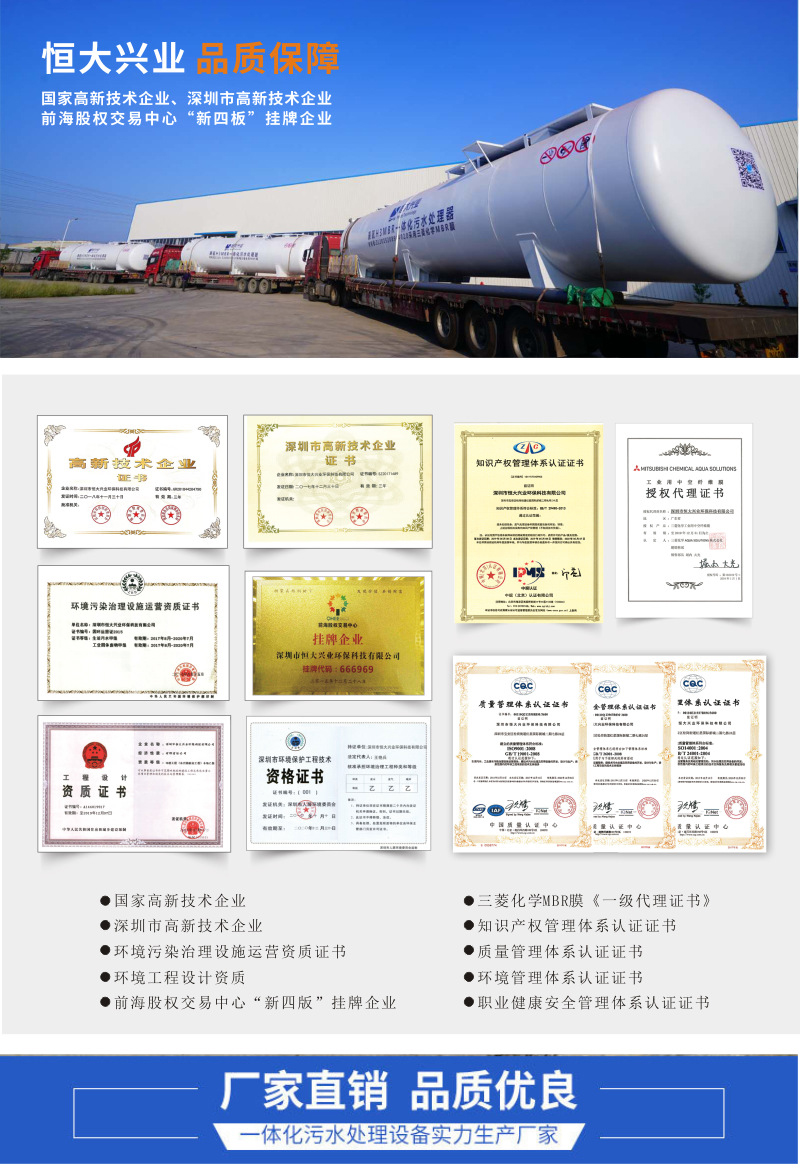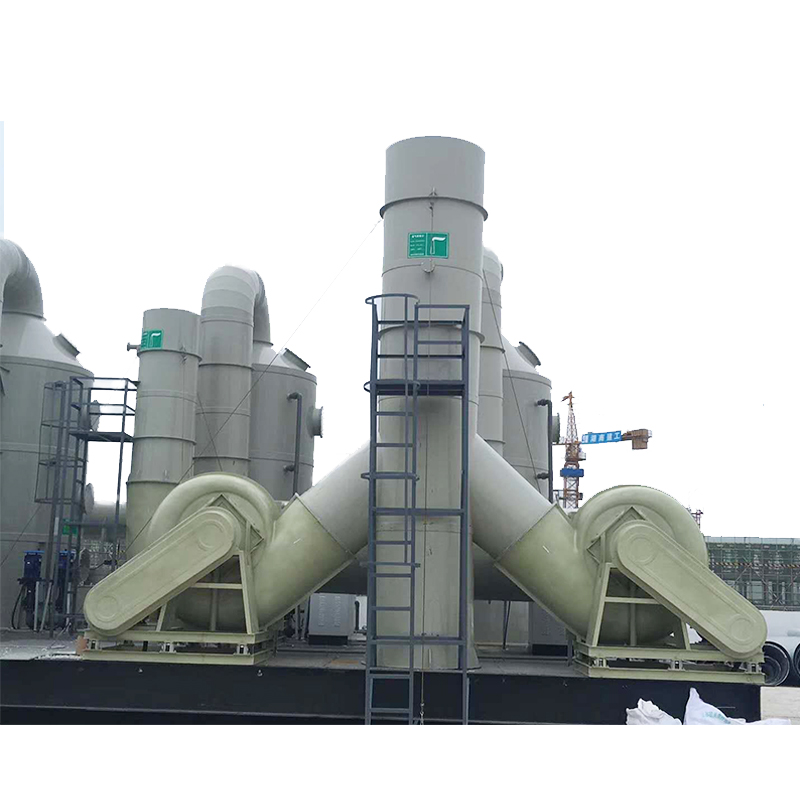Spray exhaust gas treatment


1. Sources and hazards of paint spray exhaust gas
Spraying exhaust gas comes from the spraying process of automobiles, motorcycles, bicycles, ships, airplanes, furniture equipment, mechanical equipment, building materials and other industries, including three steps of spraying, leveling and drying. Due to the addition of organic solvents in the paint, organic waste gas is emitted, mainly containing organic pollutants such as benzene, toluene, and xylene. In addition to organic waste gas, because paint or varnish is atomized into particles under high pressure, some of the paint particles that fail to reach the surface of the spray paint are dispersed with the airflow to form paint mist, so the spray waste gas also contains paint mist particles. The paint mist particles are small, most of which are below 10μm, and the viscosity is large, which is easy to adhere to the surface of the material.
The main pollutants are paint mist and volatile organic waste gas.
b. Volatile organic waste gas: organic solvents, mainly triphenyl (benzene, toluene, xylene) are used to dilute the paint to achieve the purpose of smooth and beautiful surface of the object, but the organic solvent is very volatile and cannot be attached to the paint for a long time. The surface of the object will be completely released during the spraying and drying process, thereby forming organic waste gas, which is characterized by colorless and extremely irritating.
Third, the characteristics of paint spray exhaust gas
Activated carbon adsorption and desorption: The currently widely used organic waste gas treatment technology passes the organic waste gas through the activated carbon bed, where the organic pollutants are adsorbed by the adsorbent, and the waste gas is purified and discharged into the atmosphere. When the carbon adsorption reaches saturation, hot air is introduced to heat the carbon layer, and the saturated carbon bed is desorbed and regenerated. The organic pollutants released by the desorption blowing need to be further processed. The main adsorbents are activated carbon, activated carbon fiber, coke powder and so on. Activated carbon and activated carbon fiber have dense pore structure, large inner surface, good adsorption performance, stable chemical properties, acid and alkali resistance, water resistance, high temperature and high pressure resistance, not easy to break, and low air resistance, so they are widely used.
Catalytic combustion: This method is suitable for the treatment of organic waste gas and the elimination of malodors. The operating temperature of the catalytic combustion method is half lower than that of the ordinary combustion method, usually 200-400°C (generally lower than 800°C). Under the action of the catalyst, the hydrocarbons in the organic waste gas can be rapidly oxidized at a lower temperature to produce carbon dioxide and water, and at the same time emit the heat of combustion. The catalytic combustion method has a purification rate of up to 95%. It is suitable for the treatment of organic waste gas with high concentration, low air volume and high exhaust gas temperature. A suitable design process can maintain combustion with only a small amount of energy supplemented, and can generate rich energy. Thoroughly decompose pollutants and low operating costs. However, the concentration of "triphenyl" in the paint spraying waste gas is generally lower than 300mg/m3, so the catalytic combustion method is not suitable for the spraying waste gas treatment [2~4].
2. Comply with TJ36-79 "Design Sanitary Standards for Industrial Enterprises". Benzene<40mg/m3, toluene<100mg/m3, xylene<100mg/m3.
3. Comply with GB6514-95 "Safety Regulations for Coating Work, Ventilation of Coating Process".

(1) The organic waste gas is firstly filtered through dry filtration to intercept and remove particulate pollutants in the waste gas, and then enter the adsorption bed for adsorption. The honeycomb activated carbon with a large specific surface area is used to adsorb the waste gas on the surface of the activated carbon.
(2) The treated clean gas is discharged at high altitude through the fan and chimney.
(3) The activated carbon reaches saturation after a period of time of adsorption operation, and the desorption-catalytic combustion process of the system is started. The hot air flow desorbs the activated carbon which has been adsorbed on the surface of the activated carbon, and transforms into CO2 and water vapor through the catalytic combustion reaction. Harmful substances and emit heat.
(4) The heat generated by the reaction is reused in the desorption hot air flow through the heat exchange part. When the desorption reaches the rated level, the exothermic heat and the desorption heat reach a balance, and the system completes the desorption process without external heating.
(5) The exhaust gas composition and index meet the standards for safe discharge.
Last:Industrial waste gas treatment equipment
Next:沒有了!
![[nav:name]](/en/static/upload/image/20210731/1627700070576564.jpg)

